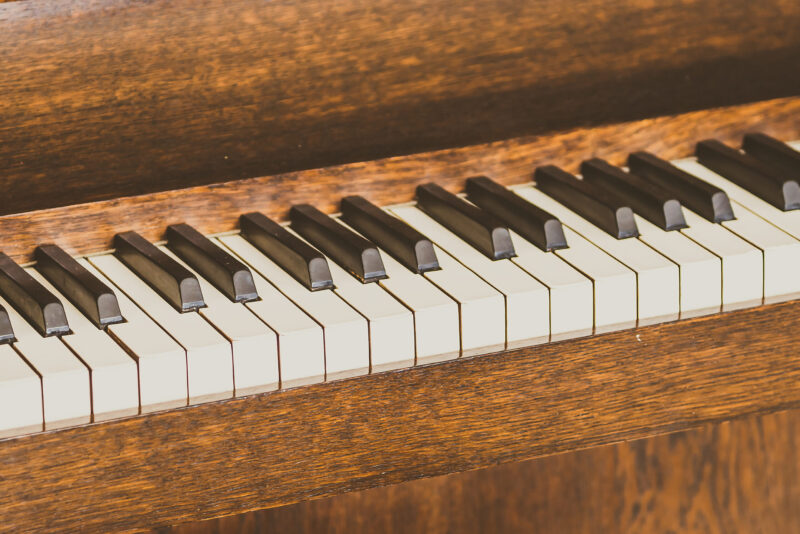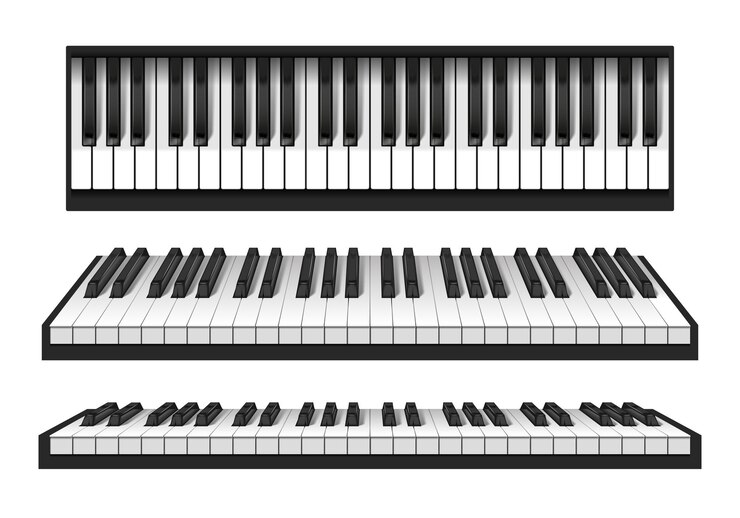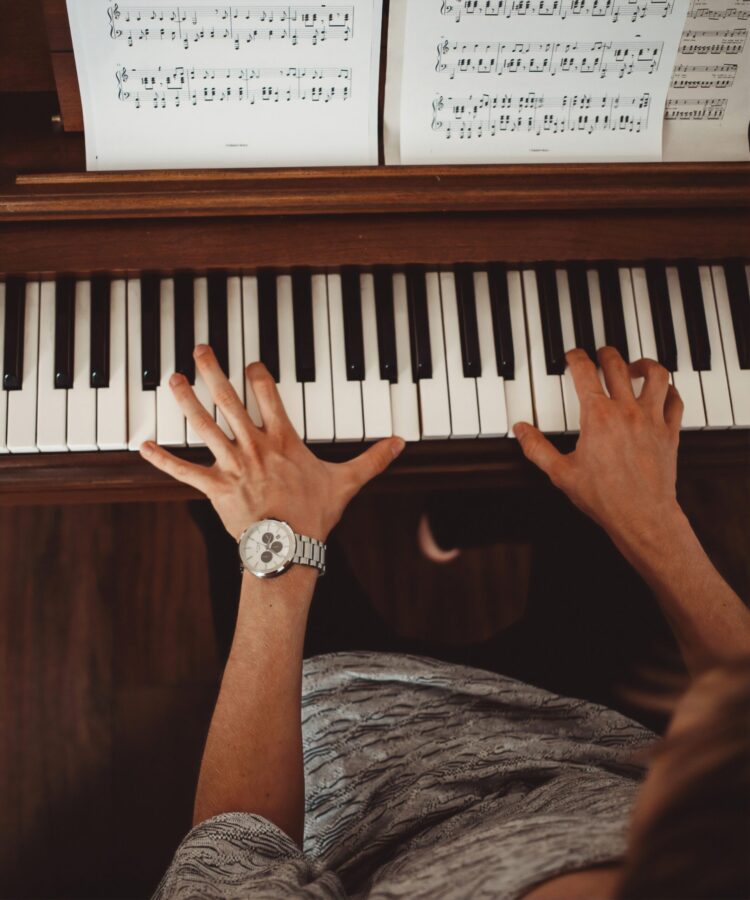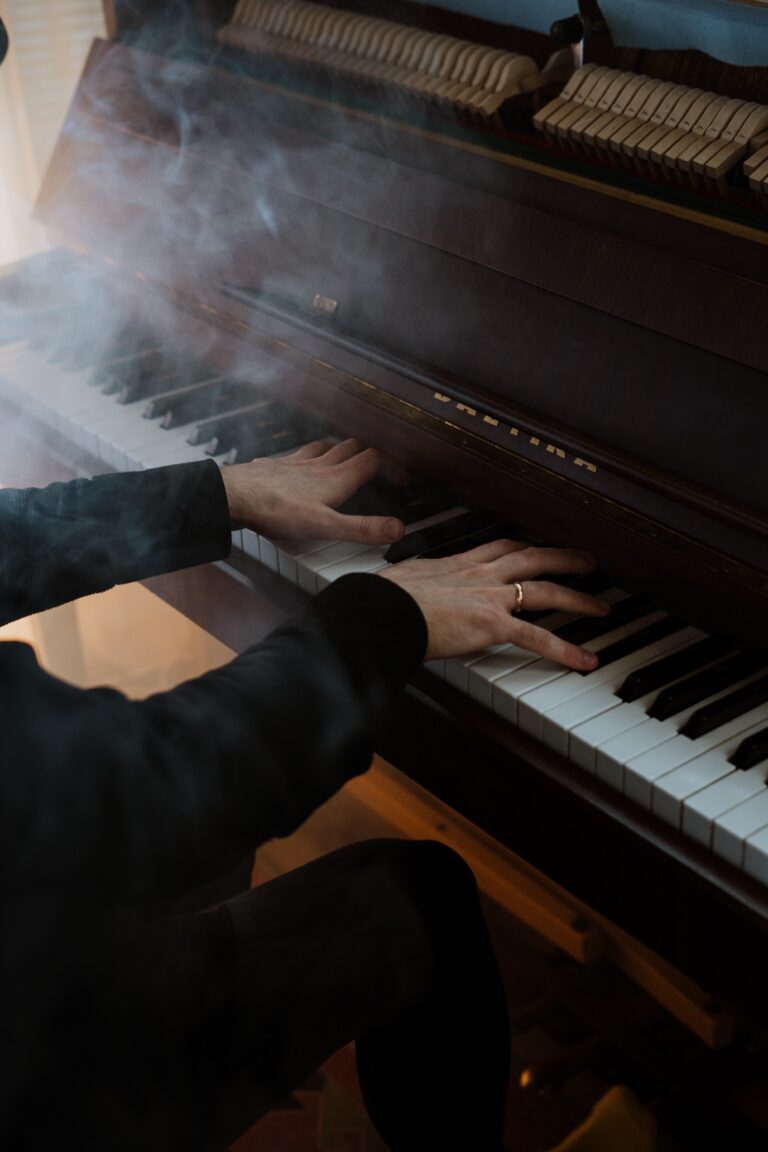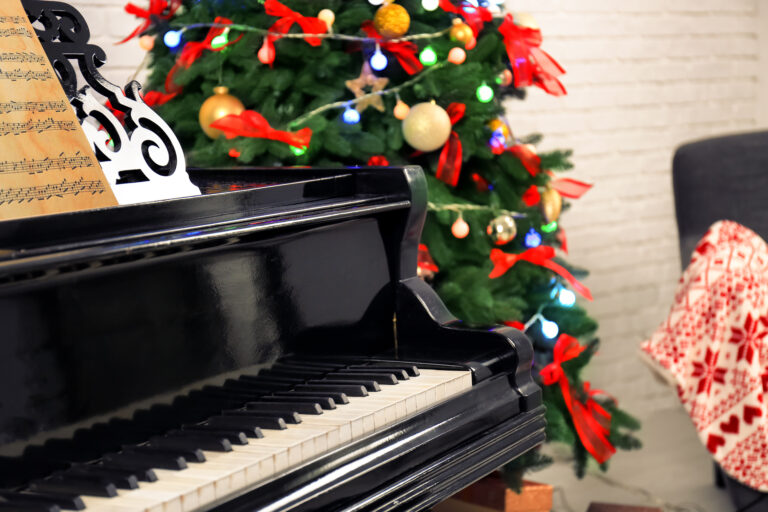Does the Age of a Piano Matter? Exploring the Impact of Age on Piano Performance and Value
As you consider purchasing a piano, you may wonder whether the age of the instrument matters. While some may argue that older pianos have a certain charm or character, others may be concerned about the potential maintenance and repair costs. So, does the age of a piano matter?
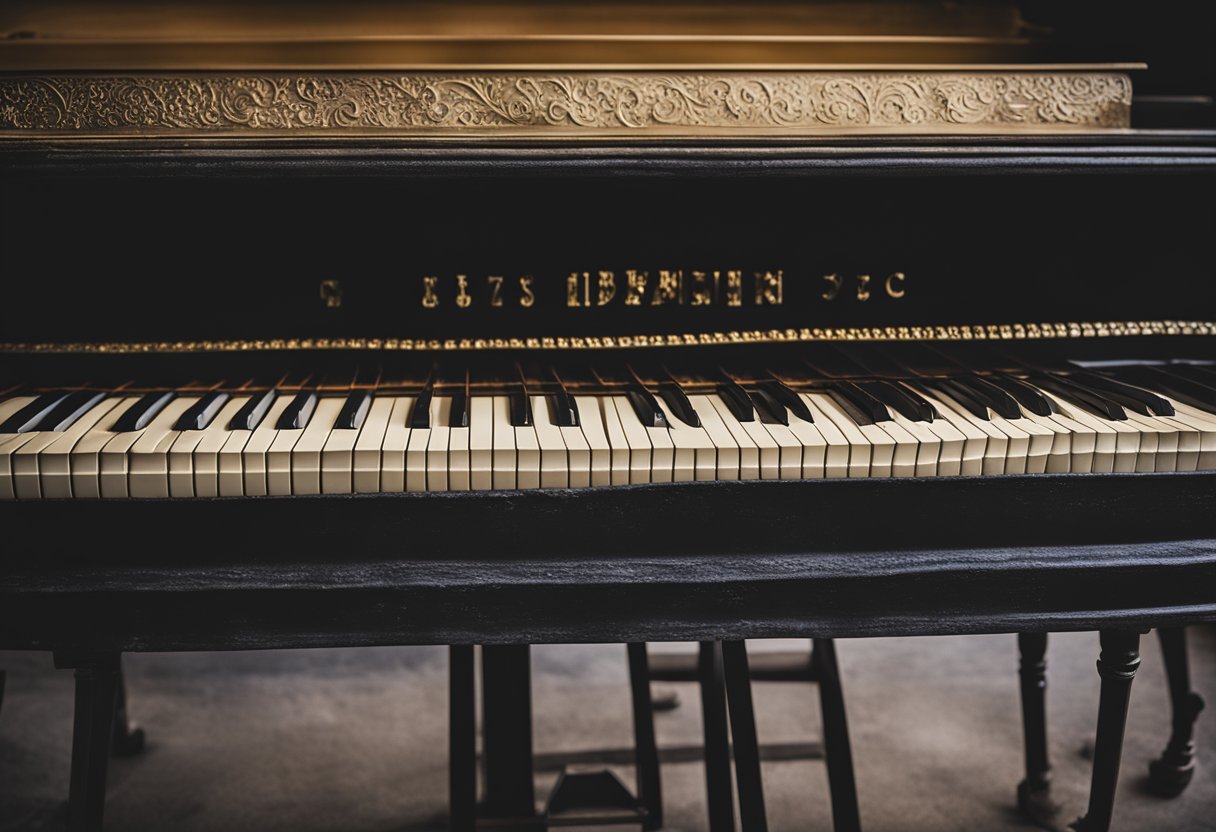
The answer is not straightforward. While some older pianos may have unique qualities and a certain appeal, they may also come with a higher risk of needing repairs and maintenance. On the other hand, newer pianos may have more modern features and a longer lifespan but may lack the character and history of an older instrument. Ultimately, the decision of whether to purchase an older or newer piano depends on your personal preferences and needs.
In this article, we will explore the various factors to consider when deciding on the age of a piano. We will examine the benefits and drawbacks of both older and newer instruments, as well as provide tips on how to evaluate the condition of a piano before making a purchase. By the end of this article, you will have a better understanding of whether the age of a piano matters for your specific situation and needs.
Historical Significance of the Piano Age

Impact of Craftsmanship Over Time
The age of a piano can have a significant impact on its sound and performance. The craftsmanship of pianos has evolved, with older pianos often being made by hand and newer pianos being manufactured using more advanced technology.
Older pianos may have a warmer and more mellow tone due to the materials used in their construction. The wood used in older pianos may have aged and dried out, resulting in a more resonant sound. Additionally, older pianos may have more intricate and detailed designs, as they were often made by skilled craftsmen.
Newer pianos, on the other hand, may have a brighter and more vibrant sound due to the use of modern materials and manufacturing techniques. They may also be more durable and require less maintenance than older pianos.
Evolution of Piano Manufacturing
The manufacturing of pianos has undergone significant changes over the years. In the early days of piano production, pianos were made entirely by hand, with each component crafted individually. As technology advanced, manufacturers began to use machines to produce parts of the piano.
Today, pianos are manufactured using a combination of hand-craftsmanship and advanced technology. Computer-aided design and manufacturing (CAD/CAM) systems are used to create precise parts, while skilled craftsmen assemble and finish the piano.
The age of a piano can provide insight into the history and evolution of piano manufacturing. Older pianos may have unique features and designs that are no longer used in modern pianos, while newer pianos may incorporate the latest technology and materials.
Overall, the age of a piano can have a significant impact on its sound, performance, and historical significance. Understanding the evolution of piano manufacturing and the impact of craftsmanship over time can help you make an informed decision when choosing a piano.
Sound Quality and Age

When it comes to the sound quality of a piano, age can play a significant role. As the piano ages, its sound may change due to various factors such as tonality changes and wear and tear.
Tonality Changes with Age
One of the most noticeable changes in the sound of an ageing piano is tonality. The tone of a piano is determined by the quality of the strings, hammers, and soundboard. As these components age, they can lose their elasticity and become less responsive, resulting in a duller and less vibrant sound.
Additionally, changes in humidity and temperature can cause the soundboard to warp, which can further affect the tone of the piano. As a result, older pianos may have a more mellow and less dynamic sound compared to newer ones.
Wear and Tear Impact on Sound
Another factor that can affect the sound quality of an ageing piano is wear and tear. Over time, the hammers and strings of a piano can become worn and damaged, resulting in a less precise and less clear sound.
Additionally, the action of the keys can become sluggish, making it more difficult to play with the same level of precision and control as a newer piano. Furthermore, the pedals may become less responsive, affecting the sustain and resonance of the notes.
In conclusion, the age of a piano can have an impact on its sound quality. While some may prefer the mellow and warm sound of an older piano, others may prefer the crisp and precise sound of a newer one. Ultimately, the decision of whether the age of a piano matters depends on personal preference and the specific needs of the pianist.
Investment Value of Older Pianos
If you’re considering purchasing a piano, you might be wondering whether an older piano is worth the investment. While there are certainly pros and cons to buying an older piano, there are some financial benefits to consider as well.
Antique Pianos as Financial Assets
Antique pianos can be considered financial assets, just like any other antique or collectable item. Their value can appreciate over time, and they can be sold for a profit. However, it’s important to note that not all older pianos are valuable. The brand, condition, and age of the piano all play a role in determining its worth.
Market Demand for Aged Pianos
There is a market demand for aged pianos, particularly those made by reputable brands. Many people prefer the sound and feel of older pianos, and they are willing to pay a premium for them. In addition, some professional musicians prefer older pianos for their unique sound and character.
When it comes to investing in an older piano, it’s important to do your research and make an informed decision. Consider the brand, age, condition, and market demand for the piano before making a purchase. Keep in mind that while an older piano may appreciate over time, it also requires more maintenance and repairs than a newer piano.
Maintenance and Restoration
Cost of Upkeep for Older Pianos
Maintaining an older piano can be a costly affair. As pianos age, they require more frequent tuning and repairs. The cost of tuning an older piano can be higher than that of a newer one due to the need for more extensive work. Additionally, older pianos may require replacement parts that are no longer in production, which can increase the cost of repairs. It is important to keep in mind that the cost of upkeep for an older piano can add up quickly, and it may be more cost-effective to invest in a newer instrument.
Restoration Techniques
Restoring an older piano can be a complex process that requires the skills of a professional technician. The restoration process involves disassembling the piano, repairing or replacing damaged parts, and reassembling the instrument. Restoration can be costly, but it can also extend the life of the piano by many years. It is important to note that restoration may not always be the best option for an older piano. If the piano is in poor condition or has extensive damage, it may be more cost-effective to purchase a new instrument instead of investing in restoration.
When considering the maintenance and restoration of an older piano, it is important to weigh the costs and benefits carefully. While an older piano may have sentimental value and a unique sound, the cost of upkeep can be significant. It is important to consult with a professional piano technician to determine the best course of action for your instrument.
Choosing the Right Piano
When it comes to choosing the right piano, there are a few things to consider. Whether you are a new pianist or a collector, it’s important to choose a piano that fits your needs and preferences.
Considerations for New Pianists
If you are a new pianist, there are a few things to keep in mind when choosing a piano. First, consider your budget. Pianos can be expensive, so it’s important to choose one that fits your budget. Second, consider the type of piano you want. There are several types of pianos, including upright pianos, grand pianos, and digital pianos. Each type has its advantages and disadvantages, so it’s important to do your research before making a decision. Finally, consider the size of the piano. Pianos can take up a lot of space, so make sure you have enough room for the piano you choose.
Advice for Collectors
If you are a collector, there are a few things to keep in mind when choosing a piano. First, consider the age of the piano. While the age of a piano doesn’t necessarily determine its quality, older pianos can have a unique sound and history that collectors appreciate. Second, consider the brand of the piano. Some brands are more highly regarded than others, and some brands have a long history of producing high-quality pianos. Finally, consider the condition of the piano. If you are looking for a piano to restore, you may be interested in a piano that needs some work. If you want a piano that is ready to play, look for one that is in good condition.
Overall, choosing the right piano requires careful consideration of your needs and preferences. By taking the time to research your options and make an informed decision, you can find a piano that will bring you joy for years to come.
Frequently Asked Questions
What factors determine the value of an older piano?
The value of an older piano is determined by several factors, including its age, brand, model, condition, and rarity. Generally, older pianos made by reputable manufacturers such as Steinway, Yamaha, and Baldwin are more valuable than newer models. However, the condition of the piano plays a significant role in determining its value. A well-maintained older piano can be worth more than a newer one in poor condition.
How does the age of a piano affect its sound quality and playability?
The age of a piano can affect its sound quality and playability. Over time, the soundboard and strings can lose their elasticity, resulting in a less vibrant sound. The action, or mechanism that transfers the motion of the keys to the hammers, can also wear out over time, making the piano-less responsive and harder to play. However, a well-maintained older piano can still produce a beautiful sound and be enjoyable to play.
What is considered the typical lifespan of a well-maintained piano?
A well-maintained piano can last for several decades or even a century. However, the lifespan of a piano depends on several factors, including the quality of materials, frequency of use, and level of maintenance. Regular tuning, cleaning, and repair can extend the lifespan of a piano.
Are there any benefits to owning an antique piano over a newer model?
Owning an antique piano can have several benefits. Antique pianos are often made of high-quality materials and are built to last. They can also have a unique sound and character that newer models may not have. Additionally, antique pianos can have historical value and be considered collector’s items.
How can you assess the condition of a piano that is several decades old?
Assessing the condition of a piano that is several decades old requires a trained eye and ear. A piano technician can inspect the instrument for signs of wear and tear, such as cracks in the soundboard, rust on the strings, or worn hammers. They can also check the tuning stability and overall sound quality of the piano.
What maintenance considerations should be taken into account for ageing pianos?
Ageing pianos require regular maintenance to keep them in good condition. This includes regular tuning, cleaning, and repair as needed. It’s also important to keep the piano in a stable environment with consistent temperature and humidity levels to prevent damage to the wood and other materials. A piano technician can guide the specific maintenance needs of an ageing piano.
